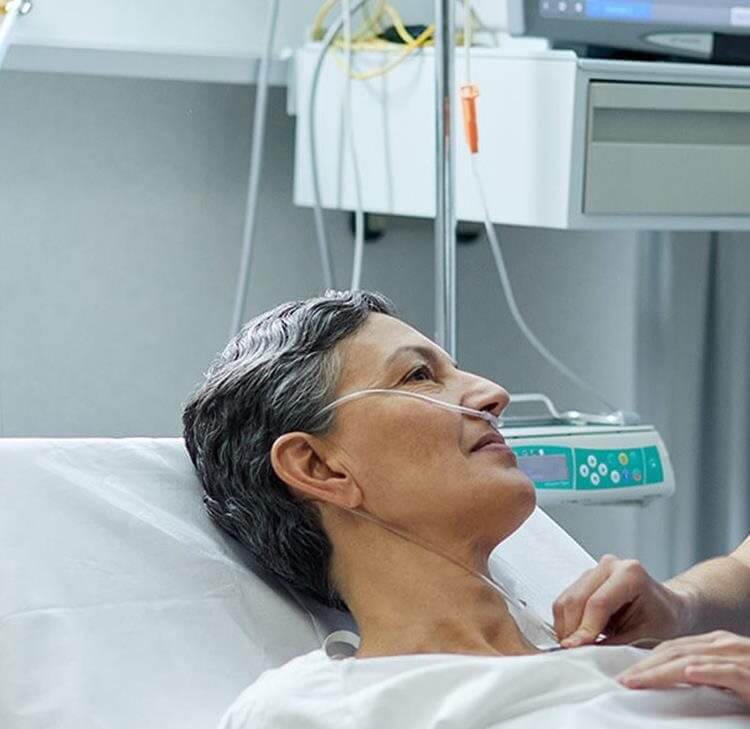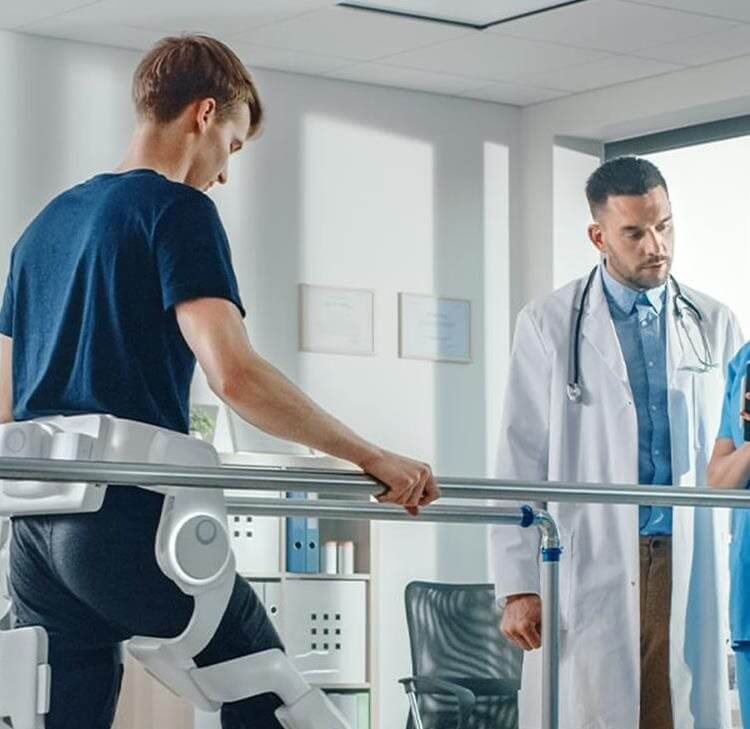According to the Health Service Journal (HSJ), national leaders have been alerted to concerns about the increasing number of women who are opting for "free birthing," which involves giving birth without midwifery or medical assistance.
The trend is causing anxiety in some maternity units, especially about how to handle a case if a woman changes her mind and requests a midwife at a late stage. The Nursing and Midwifery Council (NMC) is collaborating with other healthcare bodies, including the Royal College of Midwives and NHS England’s chief midwifery officer’s team, to discuss the issue, but it is unclear if this will result in national guidance.
Whilst no official figures are collected on the number of free births, the number of births at home (which include free births) has increased from 2.1% between 2016 and 2019, to 2.5% in 2021 (latest figures available).
HSJ reports that some trusts have now developed their own policies, which warn women that they cannot or may not be able to receive midwife support if they choose to free-birth, but later change their mind. This could be due to staffing levels or because the trusts know little about the woman and her pregnancy and so would rather see her in hospital, where more help and support is available.
Although free birthing is not illegal, not registering a birth or failing to notify the child health information service is.
HSJ highlights that maternity charities are calling for national guidance and training to address the issues within maternity services that are driving women to choose free birth as their "least worst" option.
If your NHS Trust or healthcare organisation requires advice on or assistance with drafting maternity policies, procedures or guidelines, then Browne Jacobson would be happy to help. Please do get in touch. If you would like further information regarding our services generally, please visit our Maternity Services Resources Hub.
Key contact

Kelly Buckley
Partner
kelly.buckley@brownejacobson.com
+44 (0)115 908 4867







![Contractual liability for all inclusive treatment: Bartolomucci v Circle Health Group Limited [2025]](/getattachment/95f9533b-f99c-4fcc-b8d5-3f93904b8242/shutterstock_1265400856.jpg?variant=HeroImageTabletVariantDefinition)

































